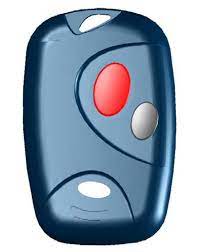
EkoTek Assist Fob
The EkoTek Assist Fob is a cutting-edge device
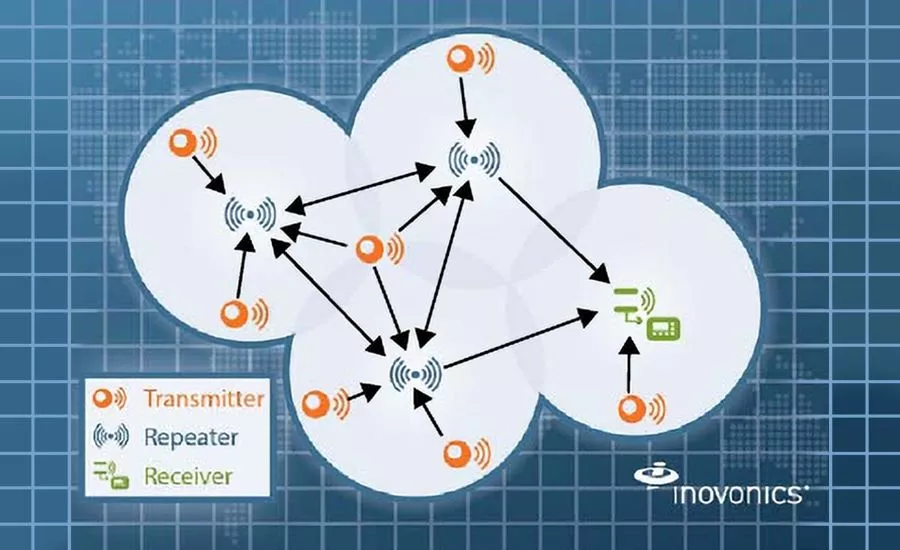
Often, my understanding of a term is different from yours. Good communication requires the transmission to be on the same frequency as the reception. Here is the irony, of all ironies – we get that when talking about Wireless NurseCall Systems…REGULARLY!
Please excuse me if this comes across patronising. I certainly don’t want it that way. But I really want everyone, whatever level of understanding, to catch this message. When we say ‘wireless nurse call’ we do not mean ‘Wi-Fi NurseCall’.
Wi-Fi is a wireless method of providing internet and associated connection between computers and devices within a given facility. It provides a network or connection between equipment in a location.
Wi-Fi can provide a platform for operating a Nurse Call System on a site. The call point can transmit messages on the Wi-Fi network and send it to a central processor that does something with the message – may be a message to an annunciator, pagers or phones. But the messages between the call points and the controller are transported via the Wi-Fi network. The risk this exposes, from a NurseCall perspective, is that if the wi-fi network ‘goes down’ (as they tend to do, from time to time) there is no pathway for the call point to get its message to the controller. Hence, your NurseCall System is rendered powerless. Our view is that your residents/patients need a higher level of safety than this. Accordingly, we are not fans of this technology. Wi-Fi is magnificent for most applications but too vulnerable to rely on to manage people’s safety and wellbeing.
In contrast, what WE call a ‘wireless nurse call’ system, operates on radiofrequency. In simple terms, the call point transmits messages on a specific frequency that are received by a receiver, tuned to the same frequency. And then it ‘does something’ with the message received – sends it to an annunciator, pager, phone, etc. Just like your radio which you tune the receiving frequency to receive the station of your preference. This approach does not rely on any other system or network to operate. This system is not impacted by whether the Wi-Fi on site is working or not. It is our belief, that this provides a much safer system for the residents/patients within the facility.
To conclude, Wi-Fi and wireless mean different things, but what is most important, is that what we mean, is what you understand we mean. So, the best way is to have an interactive discussion together, so we make sure that we are ‘on the same wavelength’ (sorry, that was a bit corny!!). But the issue is, we want to understand what you are trying to achieve, so we can create a solution based on your needs. This definition is just one of many examples of what is said, is not always interpreted as intended.
Effective communication involves the received message being the same as the one transmitted.
I hope this has provided some clarity, and we would love to explore whether wireless is a suitable option for you.
Please contact us to start a tailored discussion on this.

The EkoTek Assist Fob is a cutting-edge device
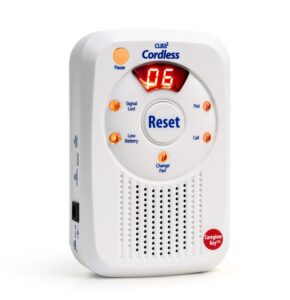
.The 2701 Falls Monitor with Safetime Support
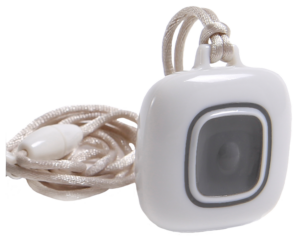
If you or a loved one requires
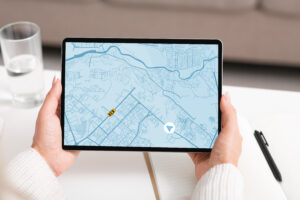
In today’s fast-paced and dynamic business landscape,
Cleo is an experienced administrator with a strong history working in large corporate settings and was the National Operations Support Lead for a big not-for-profit organisation. Other strings to her bow include marketing, as well as a demonstrated ability to manage and coordinate a multitude of tasks.
Cleo’s qualifications include a Bachelor of Accounting/Business Administration and a Diploma of Community Services Management.
She’s not only the smiling face around the office, but also oversees all the administrative functions and provides operation support and manages compliance.
Joseph holds years of experience maintaining and installing Radio Broadcast equipment, Drive-Through equipment, Public Address systems, as well as Nurse Call systems with private health and large medical practices. His experience working with electronic equipment extends to cable installation, maintaining radio repeaters, paging and dect phone systems. He enjoys all facets of his role, including the on-site, installations and customer interactions, as much as he enjoys the pre-install workshop preparation required in making nurse call equipment specific to individual customer needs and bespoke modifications.
Qualifications:
Jan holds the challenging position of Operations Manager at Electrotek and has been integral to the success of the company since 2015 and is involved with different aspects of operations, including servicing, installation, manufacturing, technical support, warehouse management, project management, and leading a team of technicians across Australia.
Jan holds a Bachelor’s Degree in Electronics and Communications Engineering and a Diploma in Project Management.
Neil has worked in a variety of sectors in an engineering and development capacity, his roles include Research and Development with CRC for Microtechnology on Athlete Monitoring with the Australian Institute of Sport. Neil’s name is prominent on multiple patents.
Neil’s functions include the technical direction of the company, guidance and oversite of hardware and software systems.
Previously Neil has held product development roles, from prototype stage to small scale production. The development of engine control system for LPG and LNG fuel delivery to heavy vehicles, as well as the development of onboard data collection and monitoring systems for heavy vehicles (surface and underground).
Neil has underpinned not only the technical requirements of Electrotek, but the team as well, training and providing guidance to the team of technicians.
Qualifications:
Belinda has over 30 years’ experience in executive support and office management positions through small companies and corporate, including FMCG’s, leading accounting firm and Telstra (in Australia). She was integral to creating and growing Electrotek where she now holds the role of General Manager.
Belinda’s passion for success in business and in caring for customers drives her to lead from the ground up extracting the best from her team and for her customers.
Belinda holds various supporting qualifications including Certificate IV in Small Business Management.
Theo Kuppens is the Managing Director of Electrotek, an established provider of emergency communication, electronic security, and telephony solutions within the health and aged care industries.
With over 30 years industry experience, he has a broad background and experience in technology covering Information Technology (IT), electronics, telecommunications, audio-visual engineering, and electronic security.
With this industry knowledge and experience, he is well placed to look at technology issues facing clients within the health and aged care sectors from a solutions-based perspective rather than the traditional product “one shoe fits all” methodology.
He is still “hands-on” and, together with the engineering and technical team, continues to look at evolving technologies that will improve operational efficiencies, staff safety, and reduce “cost of ownership” of installed systems by empowering onsite maintenance personnel.
Qualifications: